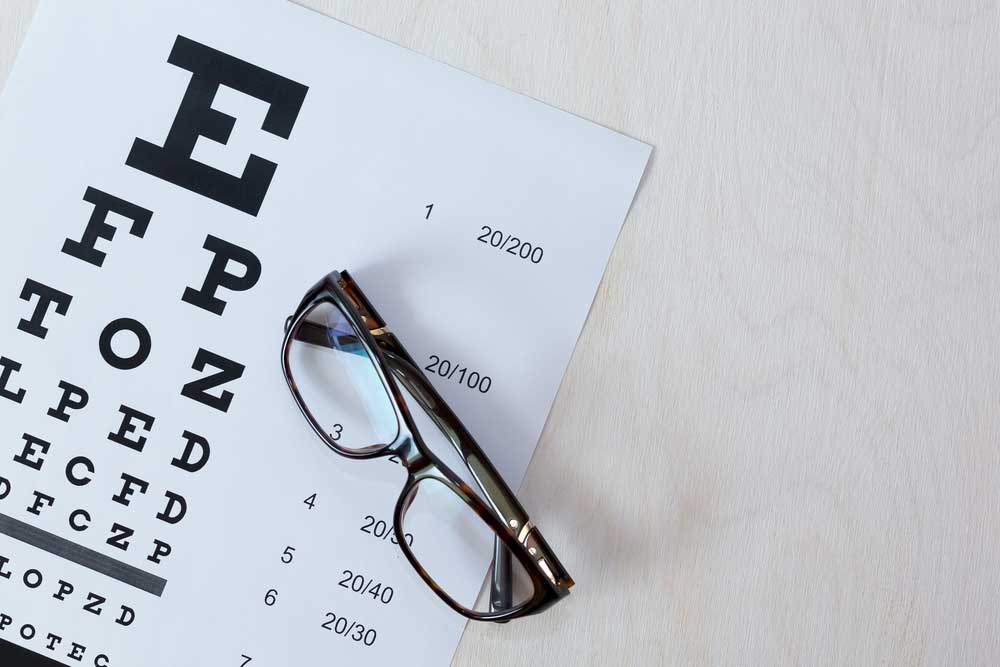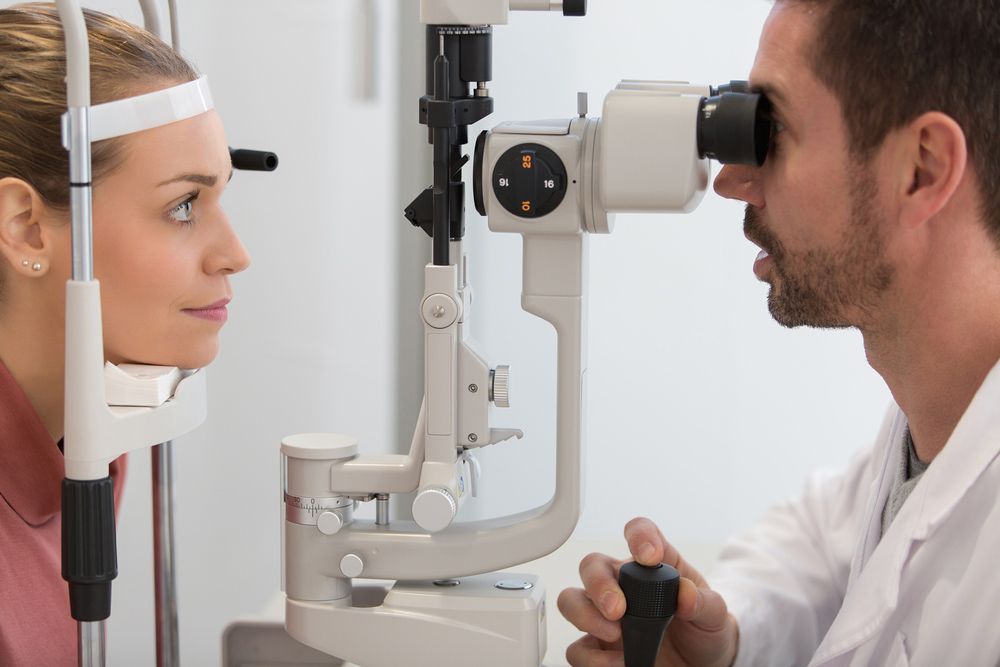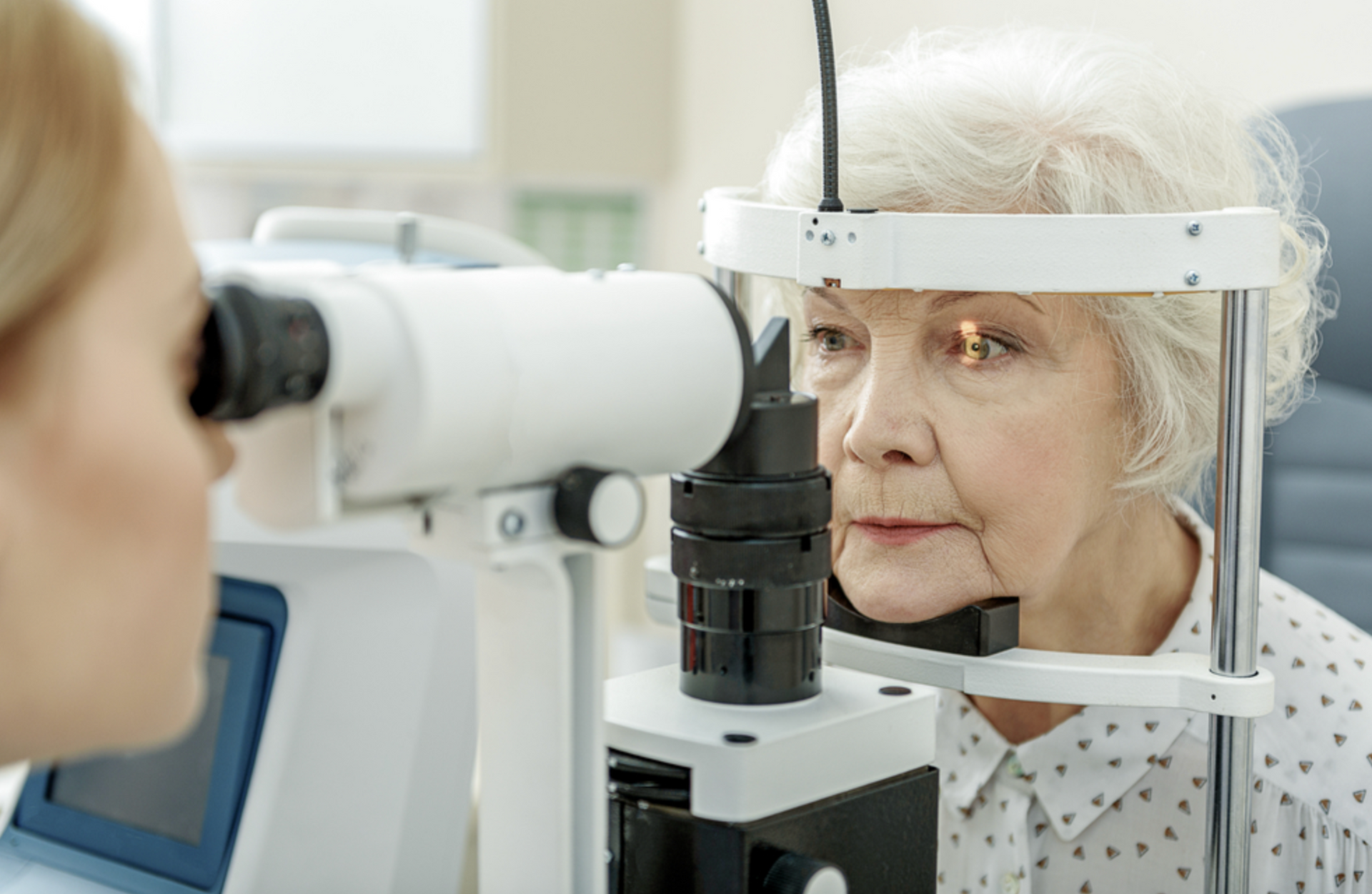5 Signs You Should See An Ophthalmologist
If you’re noticing something different with your eyesight and are beginning to feel concerned, it might be time to see an ophthalmologist for an examination. Here are 5 signs you should see an ophthalmologist:
1. You're Experiencing Changes In Your Vision
Most people at some point in their lives will experience changes in their vision. Some of these changes could be:
- Difficulty seeing at night
- Blurry vision
- Double vision
- Colours seem faded or less intense
- Vision seems to noticeably be getting worse
If you are experiencing any of these changes, and have ruled out other causes, it could be time to see your ophthalmologist.
2. Your Eyes Are Always Red Or Irritated
Regularly suffering from red or irritated eyes can be a sign of an allergy, but it can also be a sign you need to see your ophthalmologist. Contact lenses and infections are common causes of redness and irritation and shouldn't be left untreated.
If you have any of the following symptoms along with red or irritated eyes, please see an ophthalmologist as soon as possible:
- Pain
- Blurred vision
- Discharge from the eyes
- Sensitivity to light
- Sudden changes in your vision
3. You Have A Lot Of Eye Floaters
Eye floaters are tiny, transparent blobs that sometimes drift across your field of vision. You've probably experienced them when there's been a sudden change in light intensity. Eye floaters usually aren’t cause for alarm, but if you have a lot of them or they suddenly become more numerous, they could indicate something more serious, and you should see an ophthalmologist. Eye floaters can look like:
- Strings or cobwebs
- Spots, rings or circles
- Transparent shadows on the eye wall
An ophthalmologist can diagnose the cause of your eye floaters and determine if you need treatment.
4. You've Been Experiencing Headaches More Often Than Usual
Headaches are a common sign that it's time for an eye check-up. Some of the eye-related causes of headaches are:
- Problems with your vision: If your eyesight has changed, you may be straining to see clearly, leading to headaches. An eye exam can determine if you need new glasses or contact lenses that will alleviate this strain.
- Eye fatigue: Too much time spent on screens can lead to eyestrain, which in turn can cause headaches. Taking regular breaks from screens and focusing on distant objects for a few minutes can help reduce eyestrain.
- Dry eyes: Dry eye syndrome is common, and it can cause headaches. You can manage dry eyes with artificial tears and avoid triggers such as smoke, wind and dry environments.
5. You've Been Noticing Changes In The Colour Or Shape Of Your Eyes
If you’re noticing changes in the colour or shape of your eyes, it's important to see an ophthalmologist to diagnose the cause. Changes in eye colour can be a sign of a medical condition, while changes in eye shape can indicate that you need glasses.
If you're experiencing any of the five signs listed above, it's time to see an ophthalmologist. An eye exam can help diagnose the cause of your vision changes and provide you with treatment options. 130 Eye is here to help you with any changes in your vision. No matter what the cause may be, we can provide you with treatment options and help you get back to seeing clearly. Visit our website or schedule an appointment today by calling 07 4779 8008.



